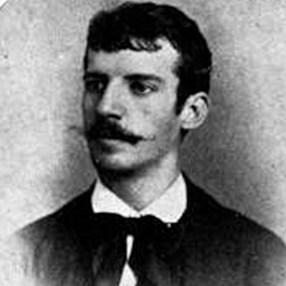Vas Doloris
translated from the Spanish by William George Williams
To Luis G. Monge
I come from the remote borders
of the land of oblivion. My songs
will not sound beneath your balconies,
I am the singer of the broken sanctuaries.
Artist, dreamer, sensitive and tender,
my music is a voice of affirmation . . .
I am like a winter twilight
in love’s garden.
I love the fire of the sun. My delights are
the flaming rose, the bleeding pink,
and I love the white swans on the lakes
and the blue clouds in the wind.
I love the sad—for life is Pain—
I love your black half-opened eyes
fixed in an unknown direction
where dead loves are forgotten.
I know full well that love is sleep . . .
and my soul sleepless. You are not
to blame for my sorrow. You are a dream . . .
I call you when I wake and you do not come!
You can come only as does death,
silent and fatal. You are anxiety,
no matter, come; my heart is strong . . .
Shed your petals in my hands, faded rose.
I knew in my dreams that love is good
and today, impenitent, a rebel against love,
I weep upon the lilies of your breast
and kiss you on the forehead.
This poem is in the public domain. Published in Poem-a-Day on September 14, 2024, by the Academy of American Poets.
“Vas Doloris” by Juan Julián Lastra, also known as Julián del Casal, was translated by William George Williams and appeared in Others: A Magazine of the New Verse, Vol. 3, No. 2 (August 1916), a themed issue dedicated to Spanish American poetry. In “Neoplatonism and Modernity in Julián del Casal,” author and scholar of Spanish American modernism Priscilla Pearsall noted that “[Del Casal’s] radical esthetic of modernity is undermined by his insistence upon an outmoded esthetic which he had already replaced. As a result, [Del] Casal’s writings represent a crisis point at the beginning of Modernism, for an idealized, essentially Romantic vision of literature is both adhered to and rejected in the face of a belief that modern poetry can only be a mirror image of the poet himself. At the deepest level this ambivalence toward the function of literature reminds us that Modernism began in a period characterized by that which modern art was felt to reflect best—the conflict and fragmentation at the center of the modern self.”

